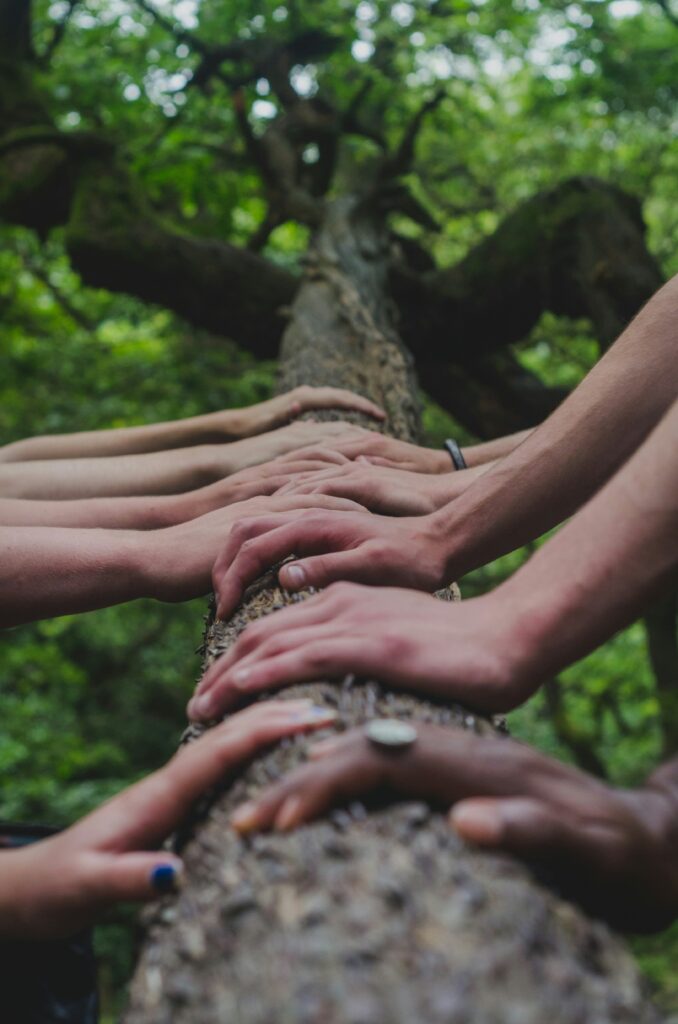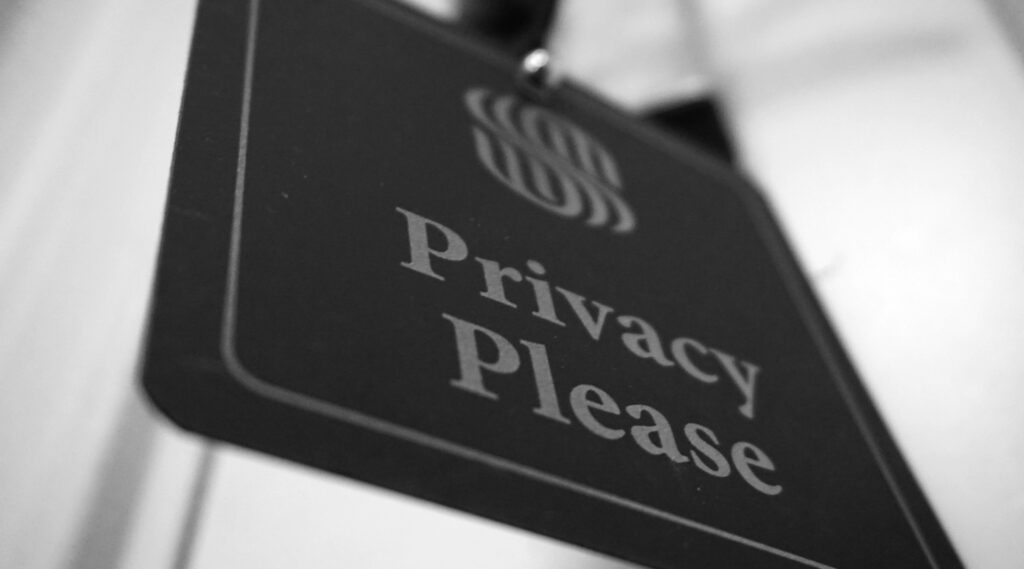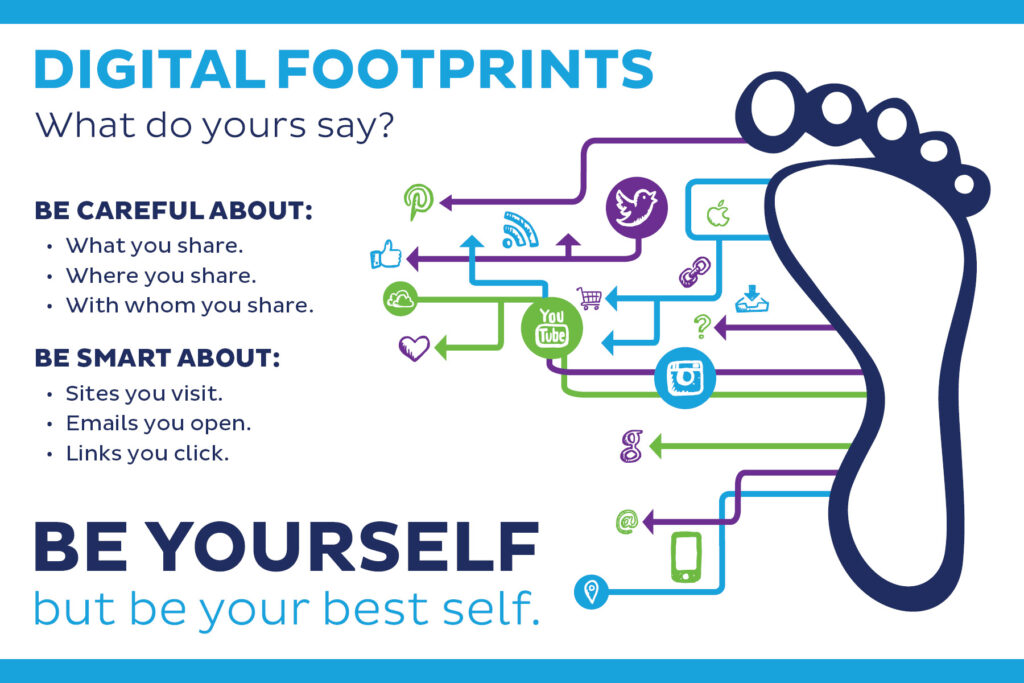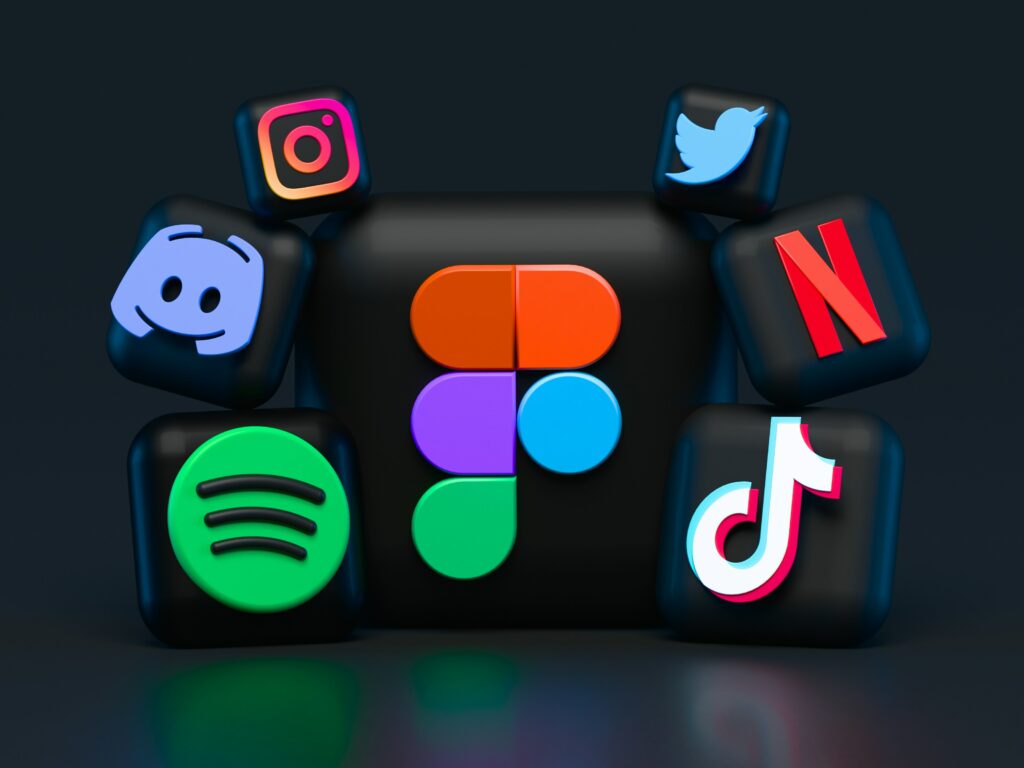The Importance of Personal Learning Networks (PLNs)
Personal Learning Networks (PLNs) are a great way to connect with others, learn new things, and stay informed about topics that interest me. My PLN includes classmates, teachers, professionals, and online communities that help me grow both academically and personally. Whether it’s through discussions, mentorship, or engaging with online content, my PLN helps me to exchange ideas and gain new perspectives. It really reflects my duality as an individual!

How Social Media Helps Build a PLN
Social media plays a huge role in strengthening PLNs by making it easier to connect with others and share information. Platforms provide spaces for people to engage with new ideas, ask questions, and learn from one another. Liking, sharing, and commenting on posts not only spreads useful information but also shows others that I value their insights.

When I engage with someone’s post, it helps build a connection and shows that I am genuinely interested in what they have to say. Over time, these small interactions help strengthen relationships and make my PLN more meaningful. By consistently engaging with my network, I can create valuable connections that benefit both me and those I interact with.
Growing a PLN Over Time
Building a strong PLN takes time and effort. Some key ways to develop and maintain a PLN include:
- Staying Active: Regularly participating in discussions, posting insights, and interacting with content helps keep my PLN strong and valuable.
- Sharing Useful Information: Posting study tips, experiences, and interesting articles helps me contribute to my network and support others.
- Keeping Up with Trends: Following industry updates and participating in discussions helps ensure my PLN stays relevant and useful.
- Engaging with Others: Responding to posts, offering feedback, and showing support helps create a sense of community and builds stronger connections.

How Social Media Impacts Learning and Career Growth
Social media has changed the way people learn and grow professionally. In school, it provides access to new ideas, discussions, and educational resources. I’ve found them helpful for discovering research, staying updated on industry trends, and learning from experts.
It’s also a great tool for career development. Many professionals and companies share job opportunities, networking events, and career advice on social media. By staying active in these spaces, I can make connections that may help me in my future career.

Staying Connected Through Social Media
Social media isn’t just about learning, it’s also a way to stay in touch with people, especially when distance or busy schedules make it hard to meet in person. Staying updated with my PLN online helps me maintain connections with classmates, colleagues, and friends.
Engaging with posts, joining discussions, and staying involved in online communities allows me to keep learning while also keeping in touch with people who inspire and support me. Whether for personal connections or professional growth, social media helps me stay engaged and informed.

Conclusion
PLNs are a powerful way to learn, grow, and stay connected. Social media makes it easier to build and maintain these networks, whether for school, work, or personal interests. By engaging with others, sharing useful information, and actively participating in discussions, I can create strong connections that support my learning and future goals. A PLN isn’t just about networking, it’s about building a community where people learn from and support one another.









Recent Comments